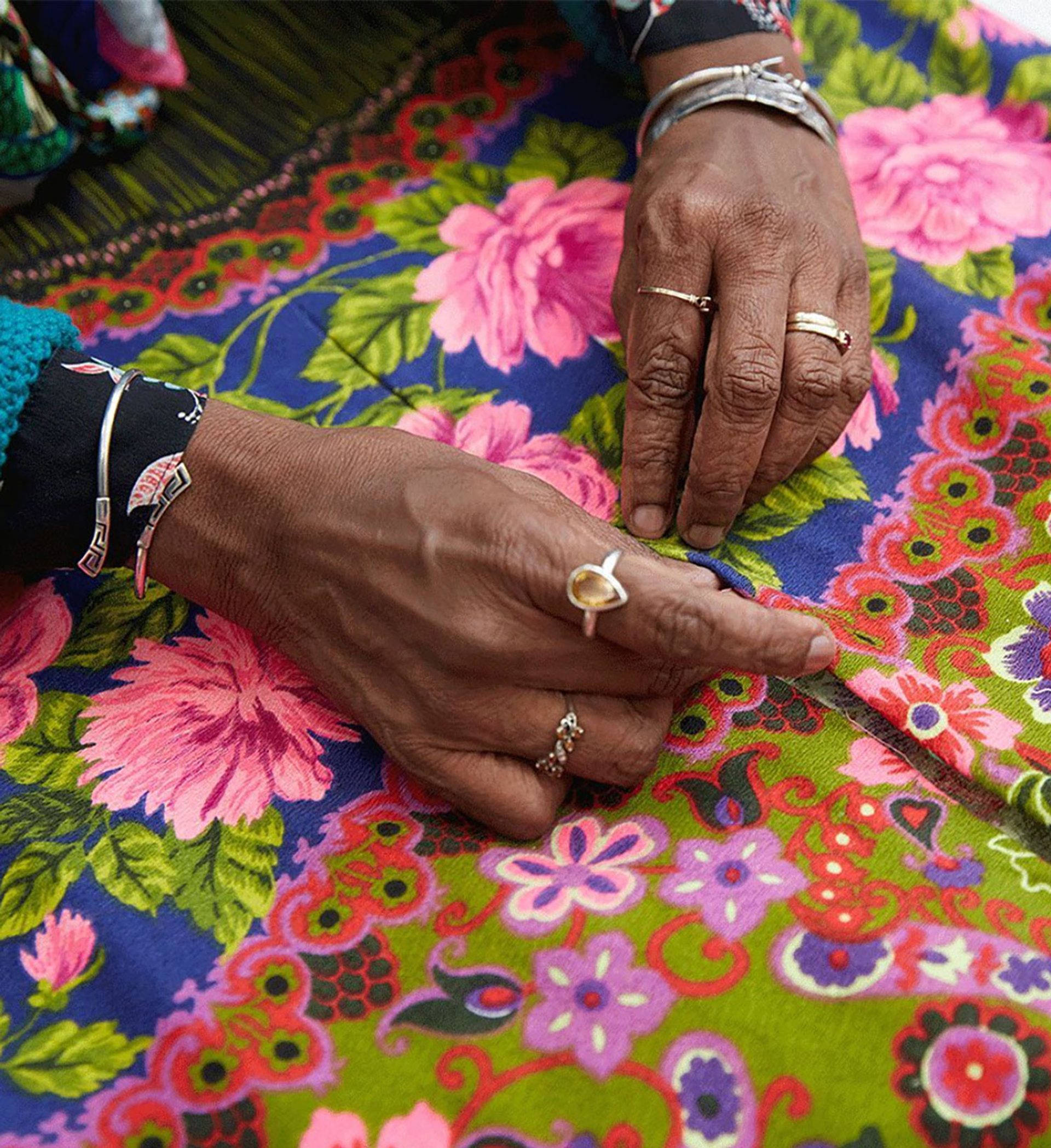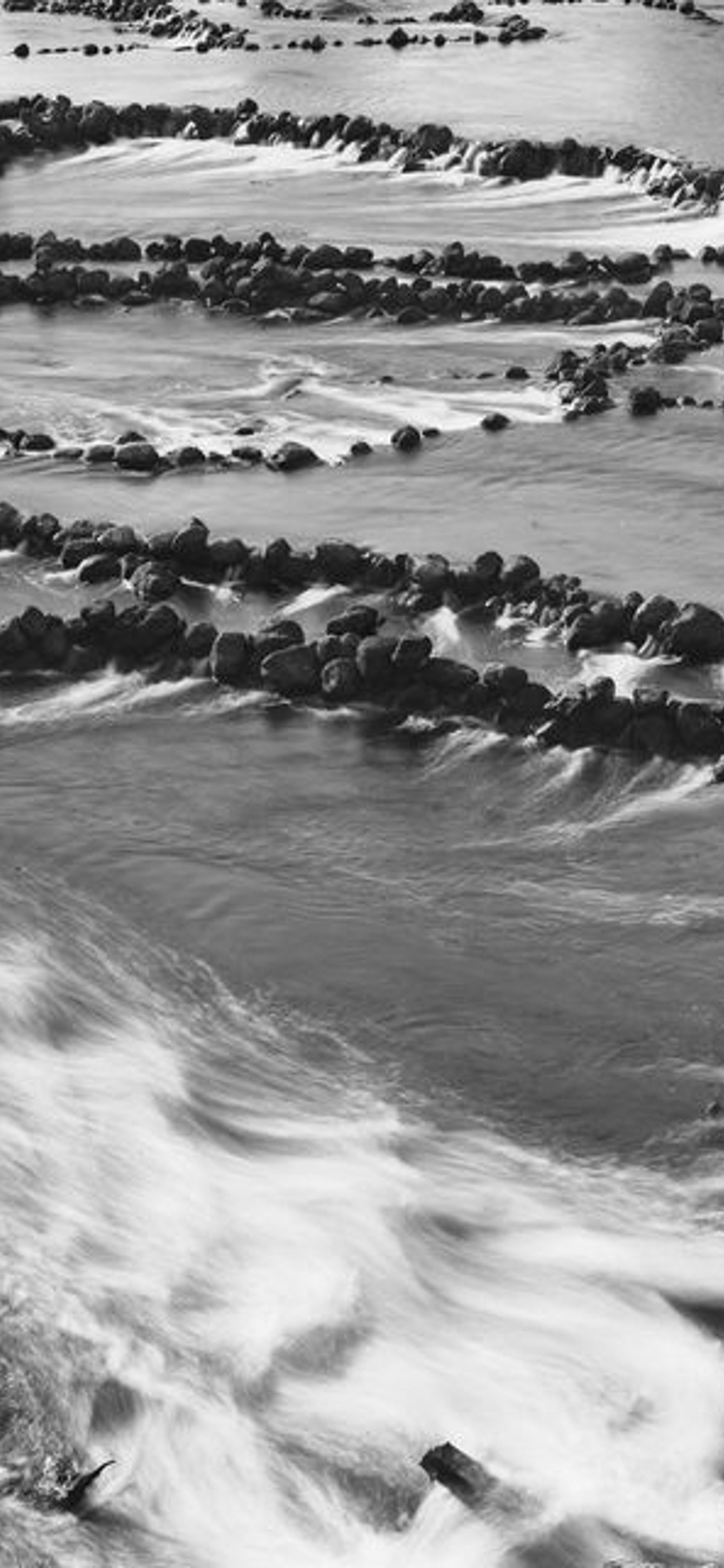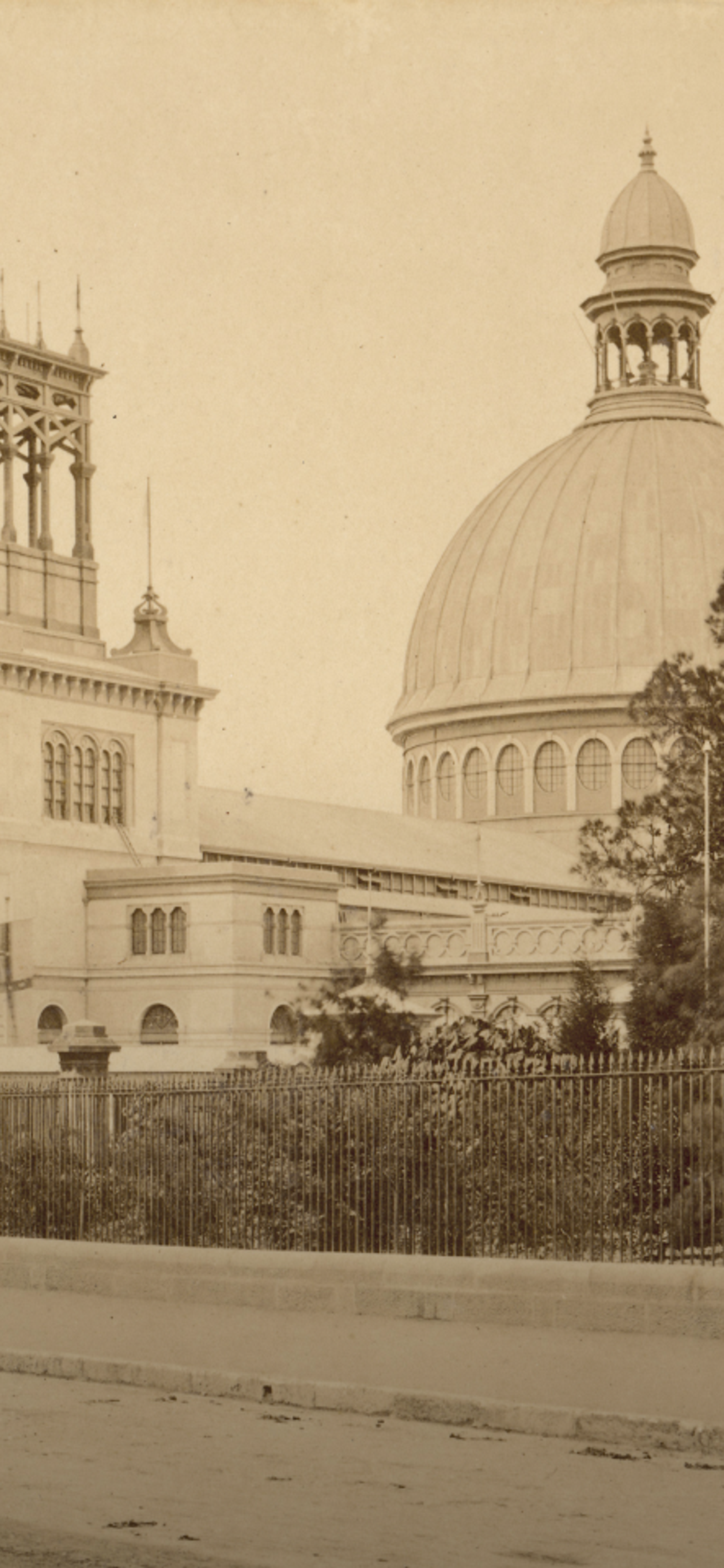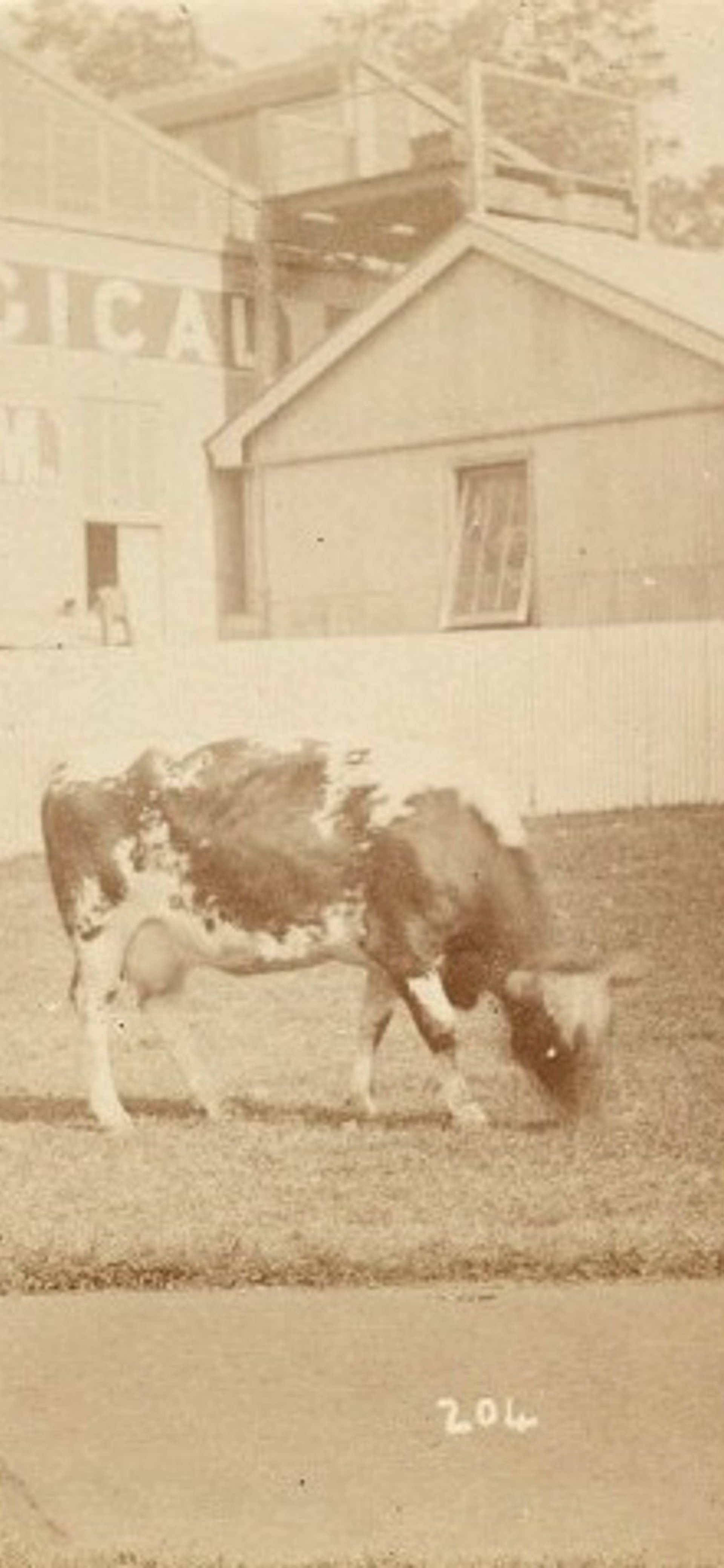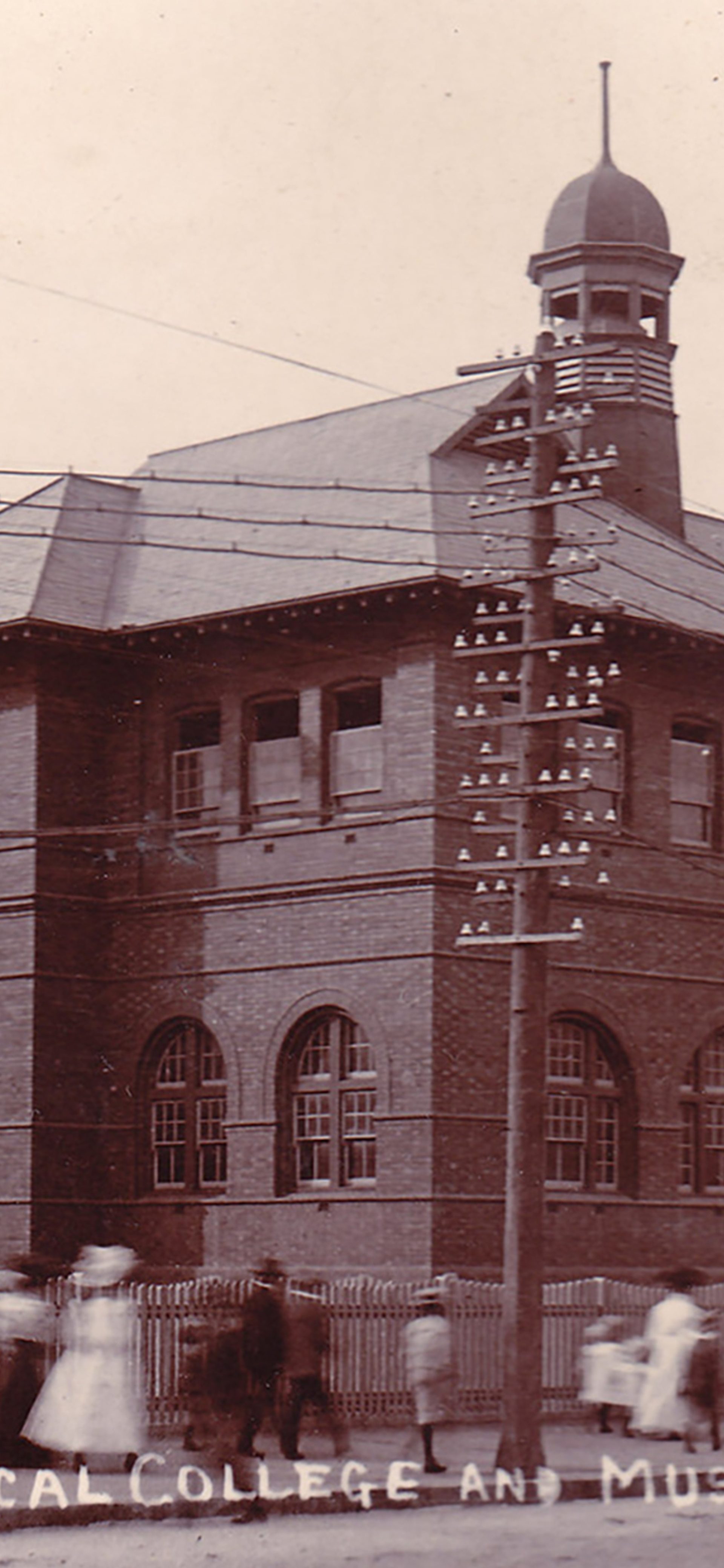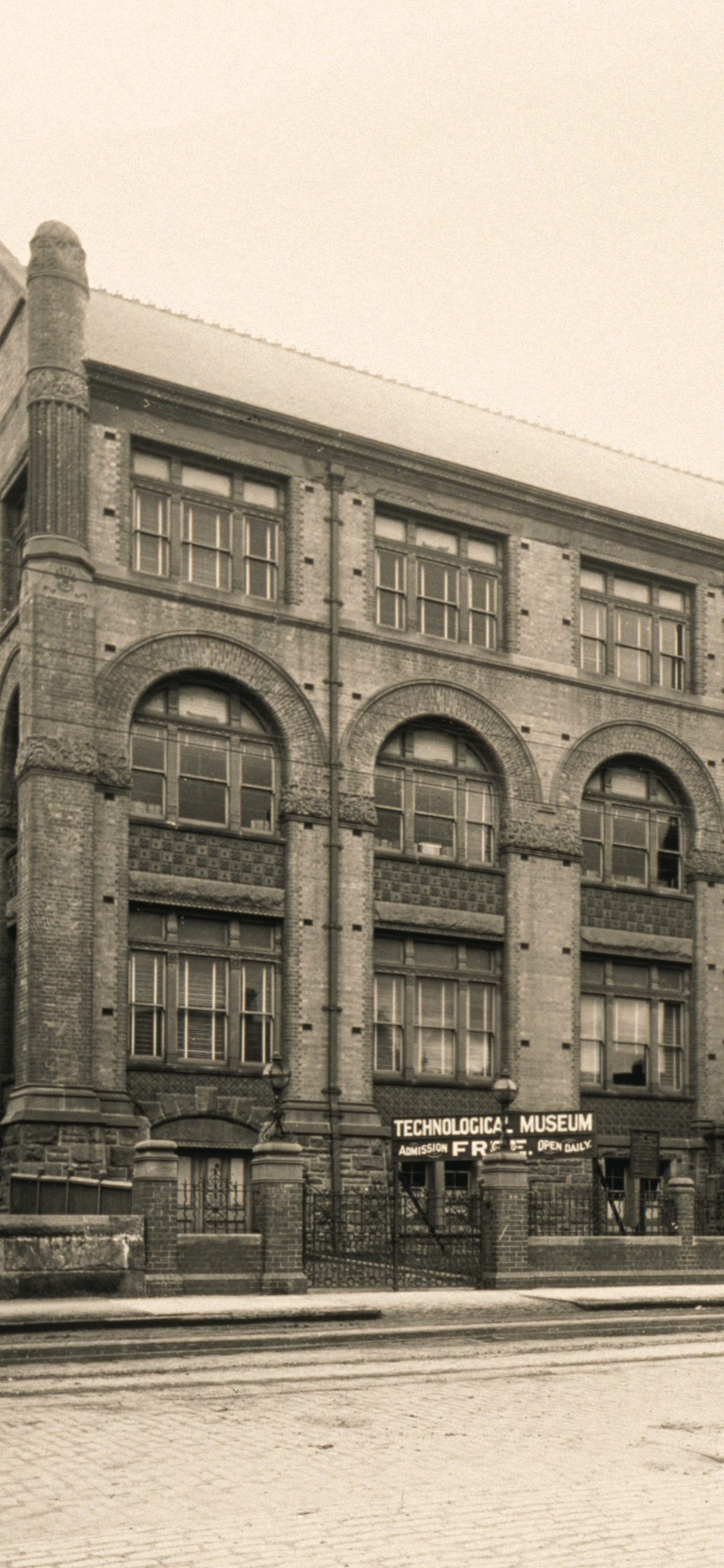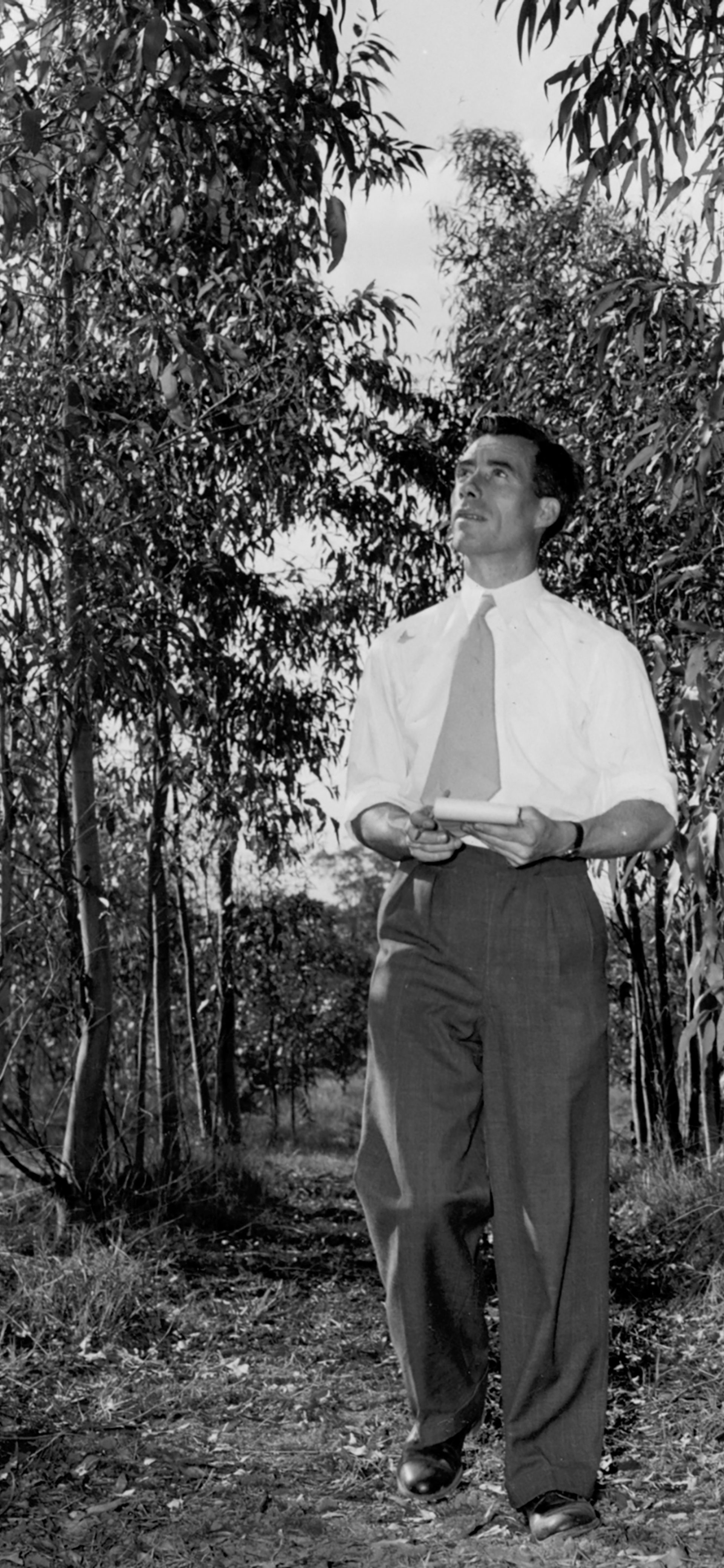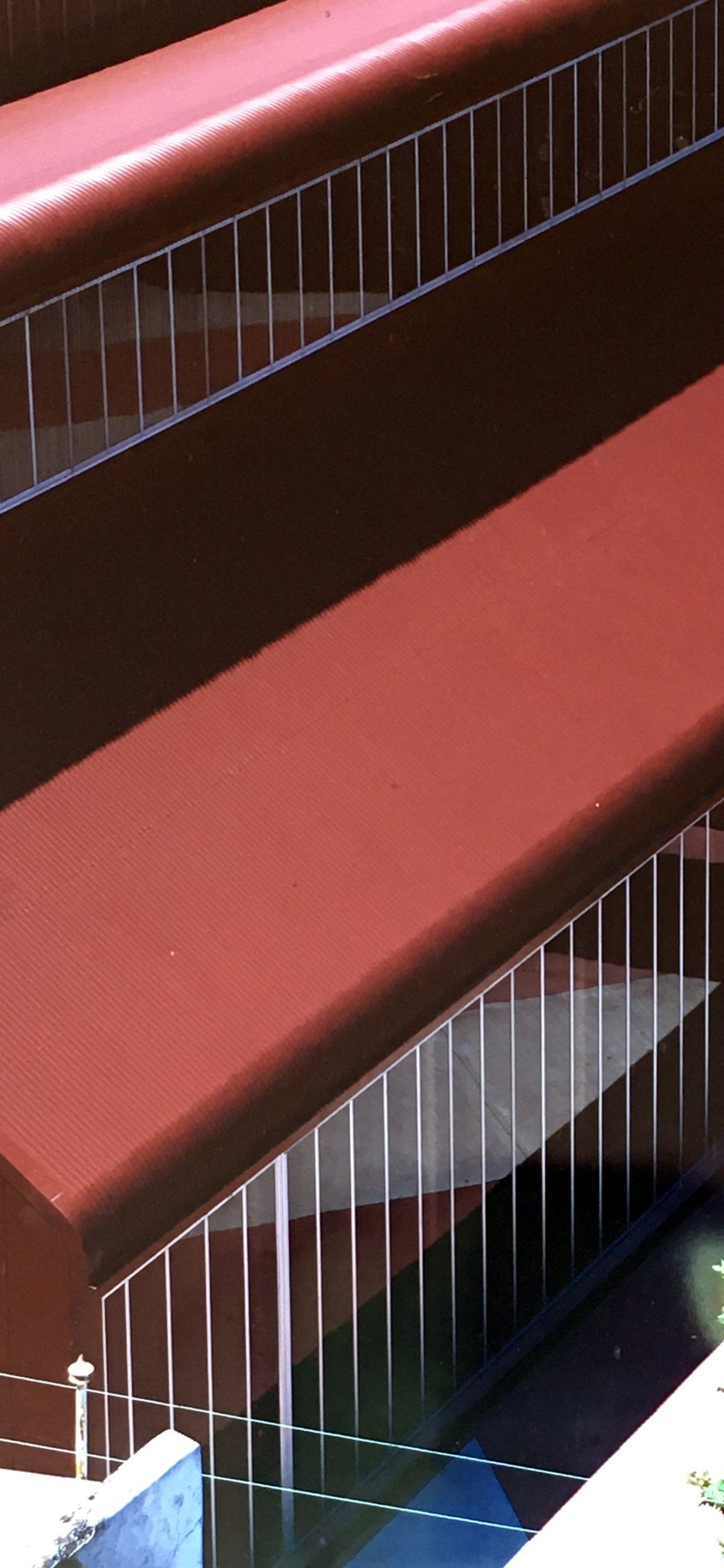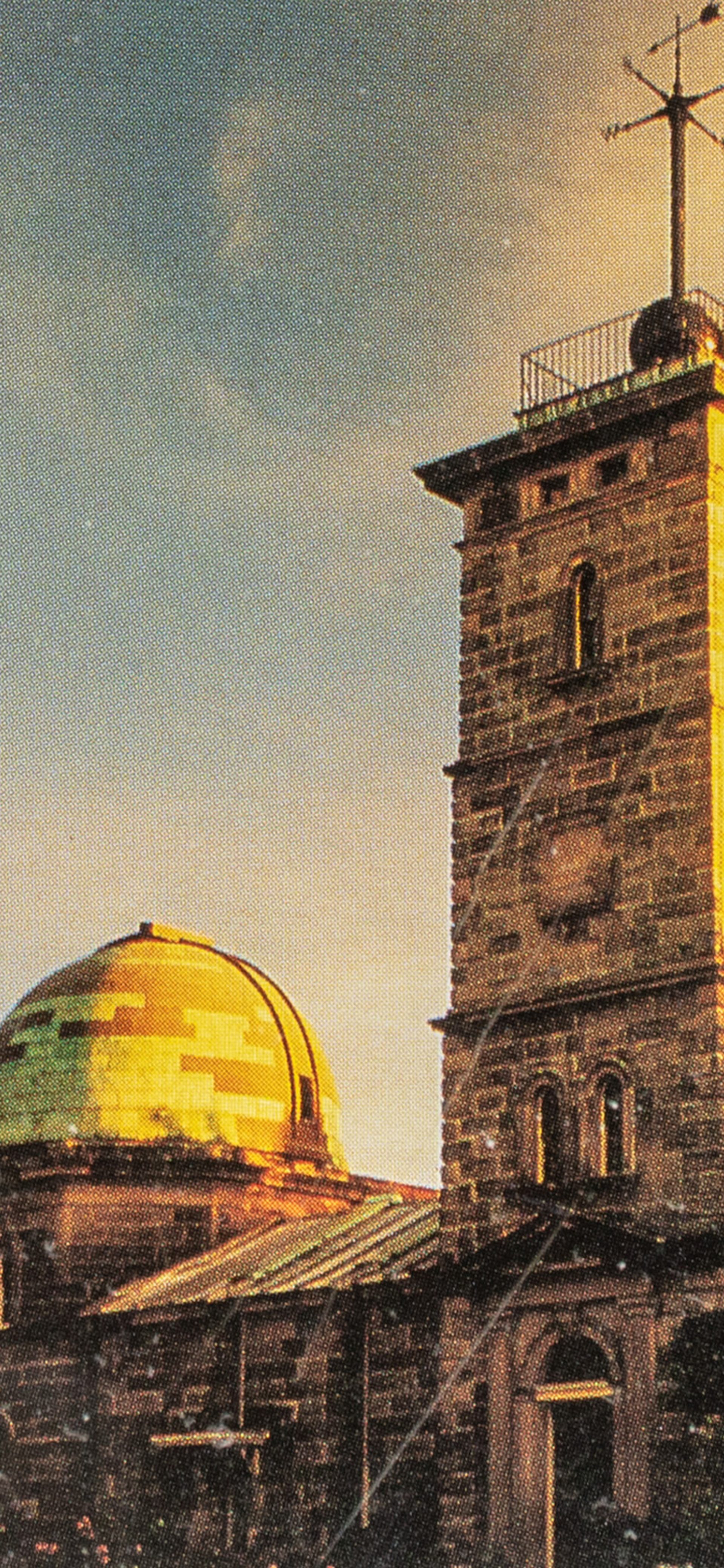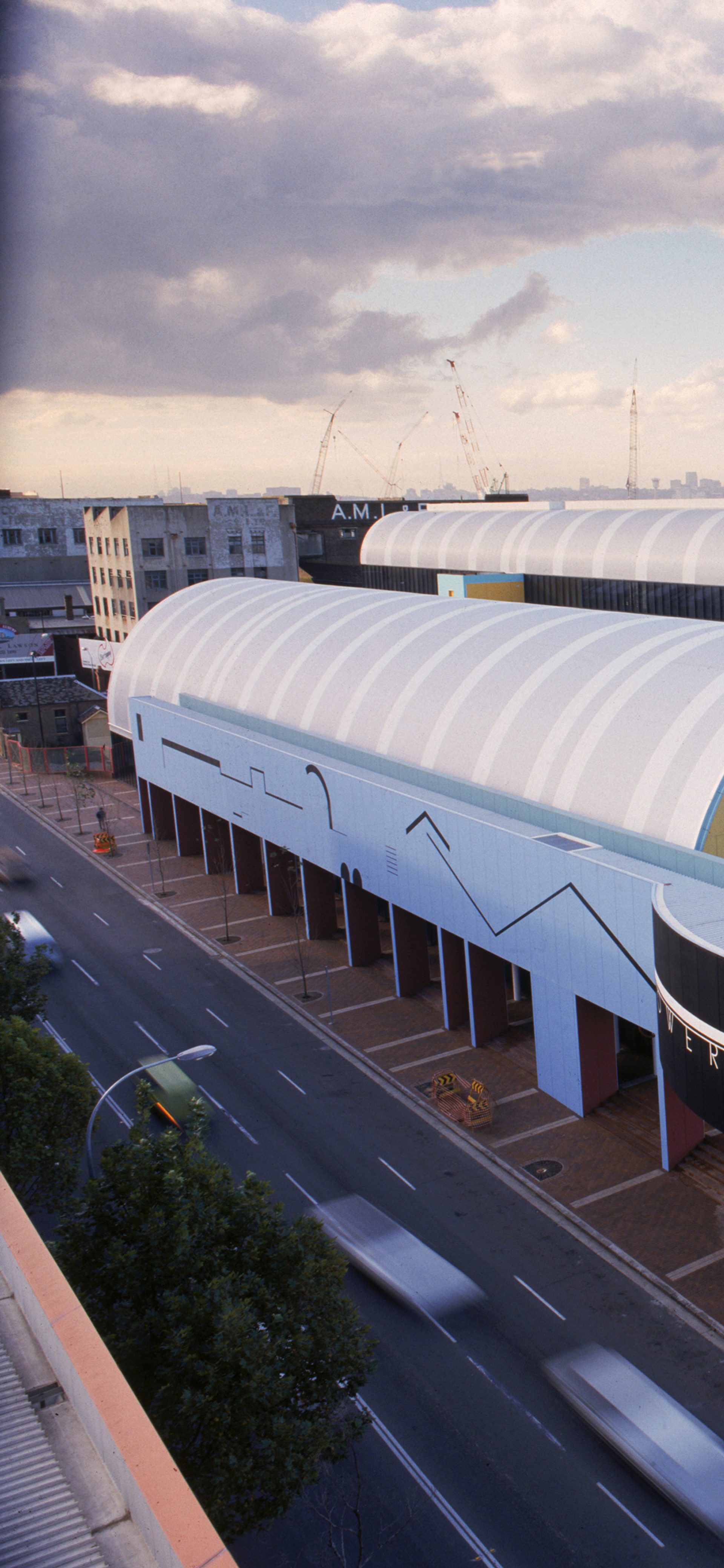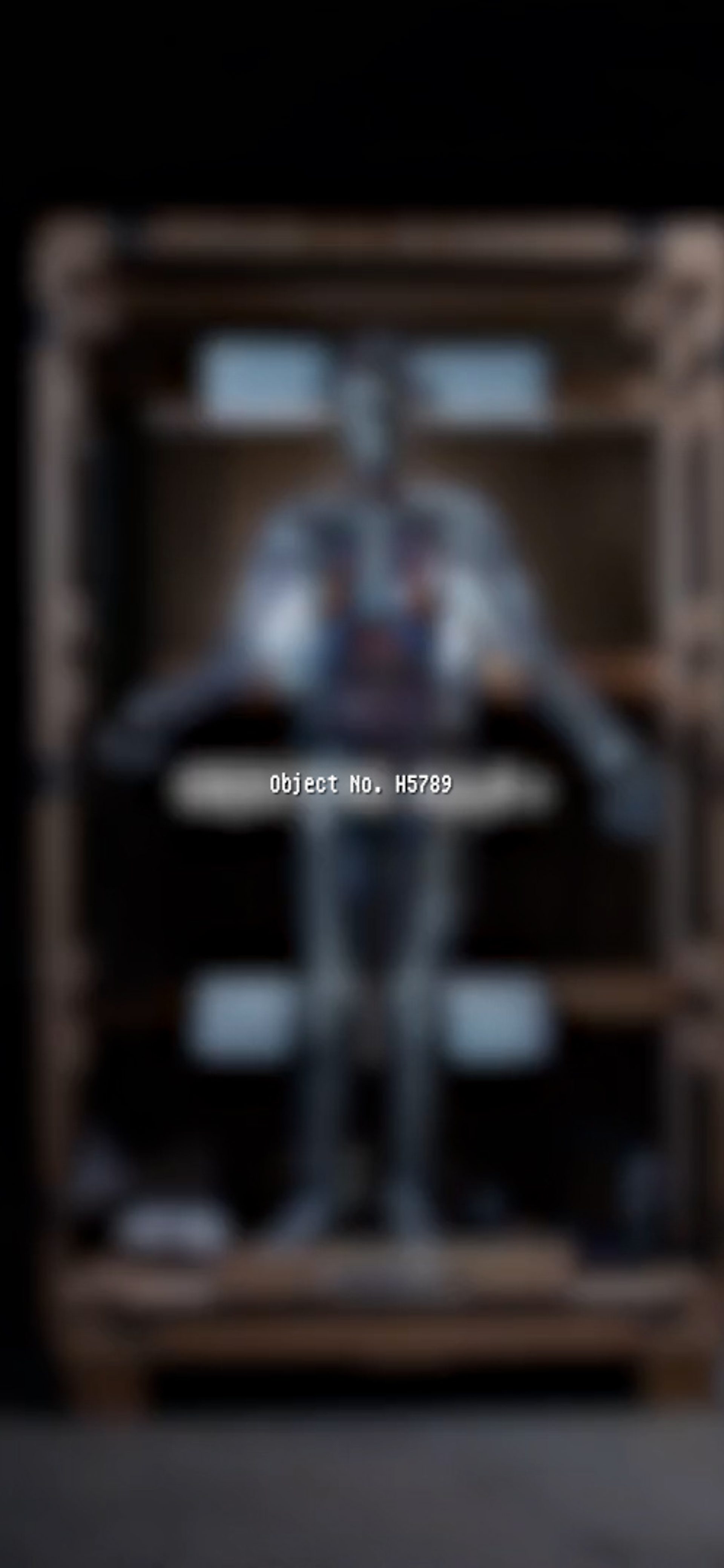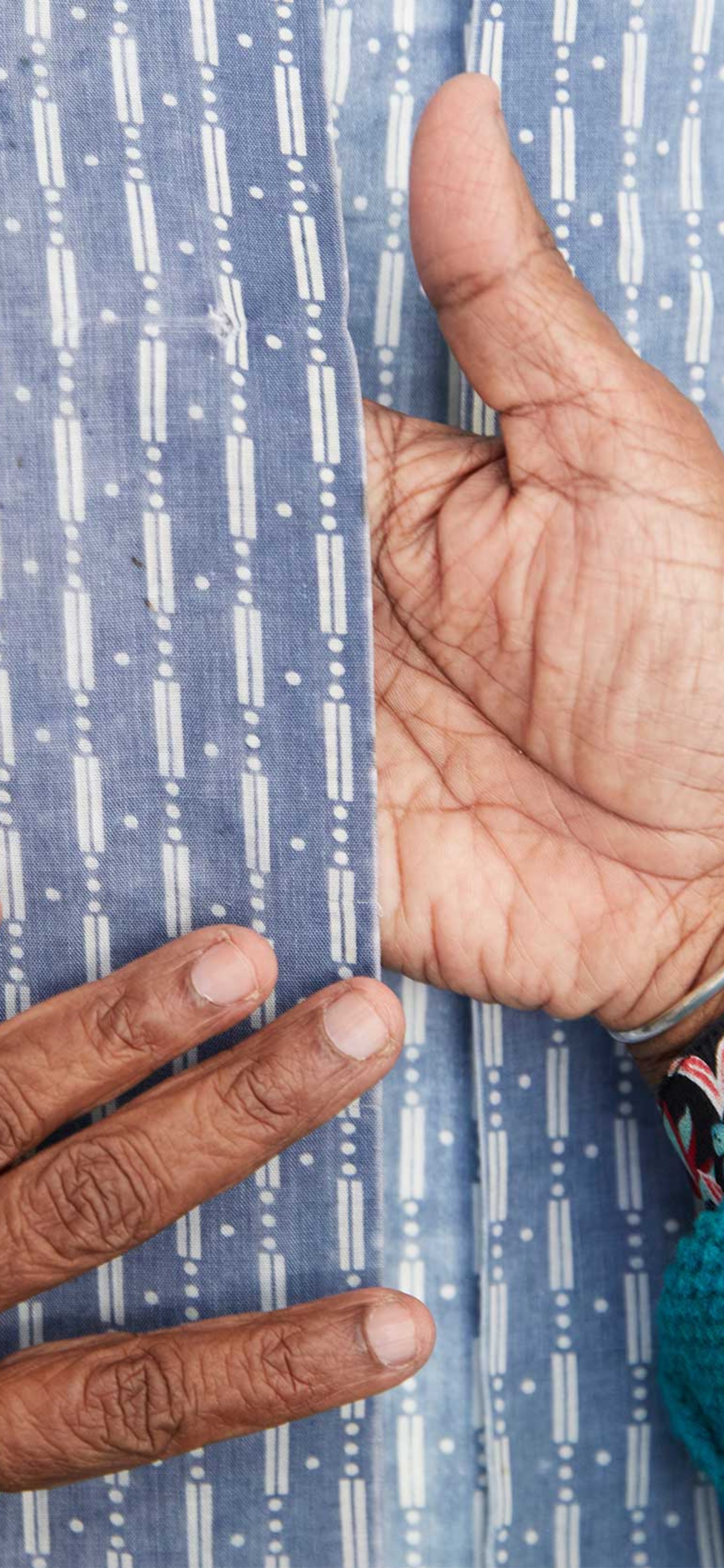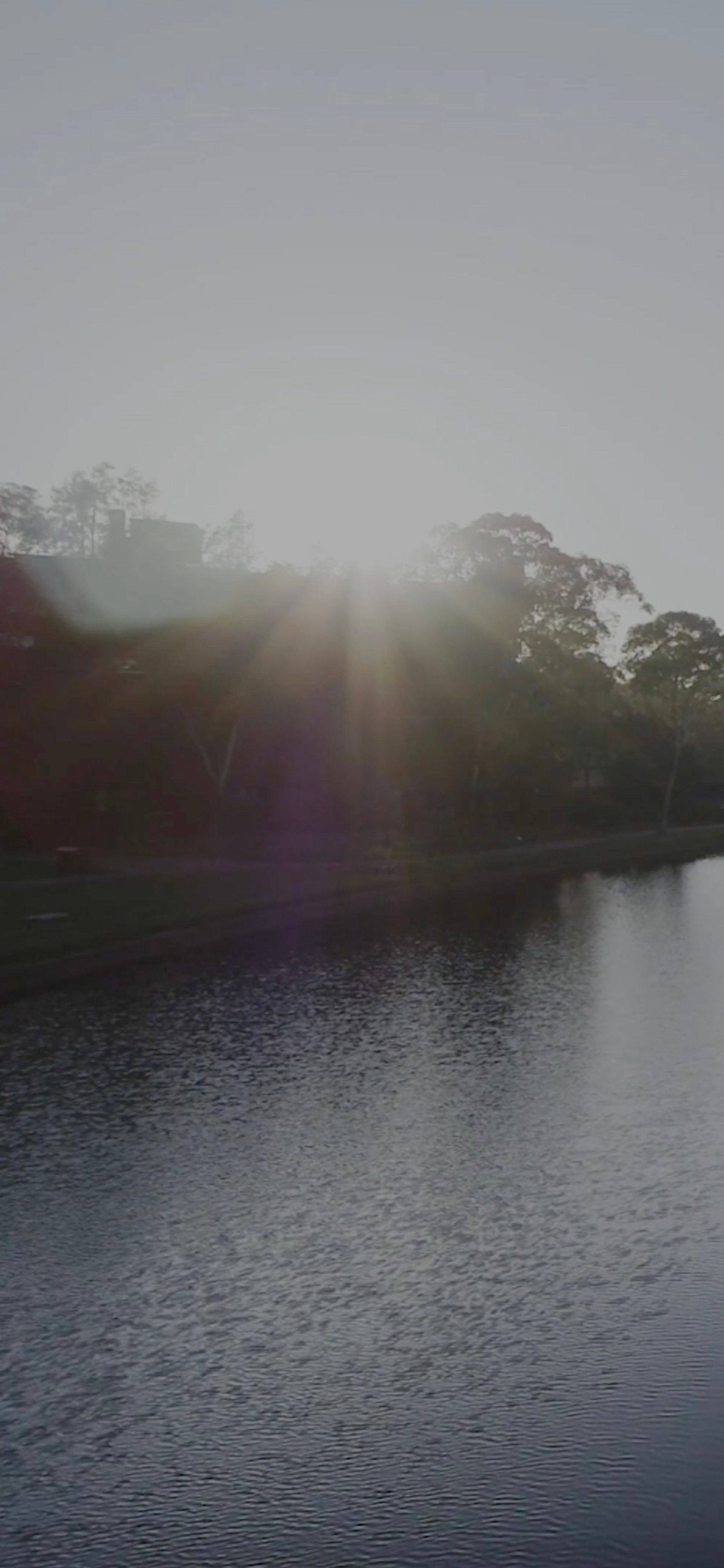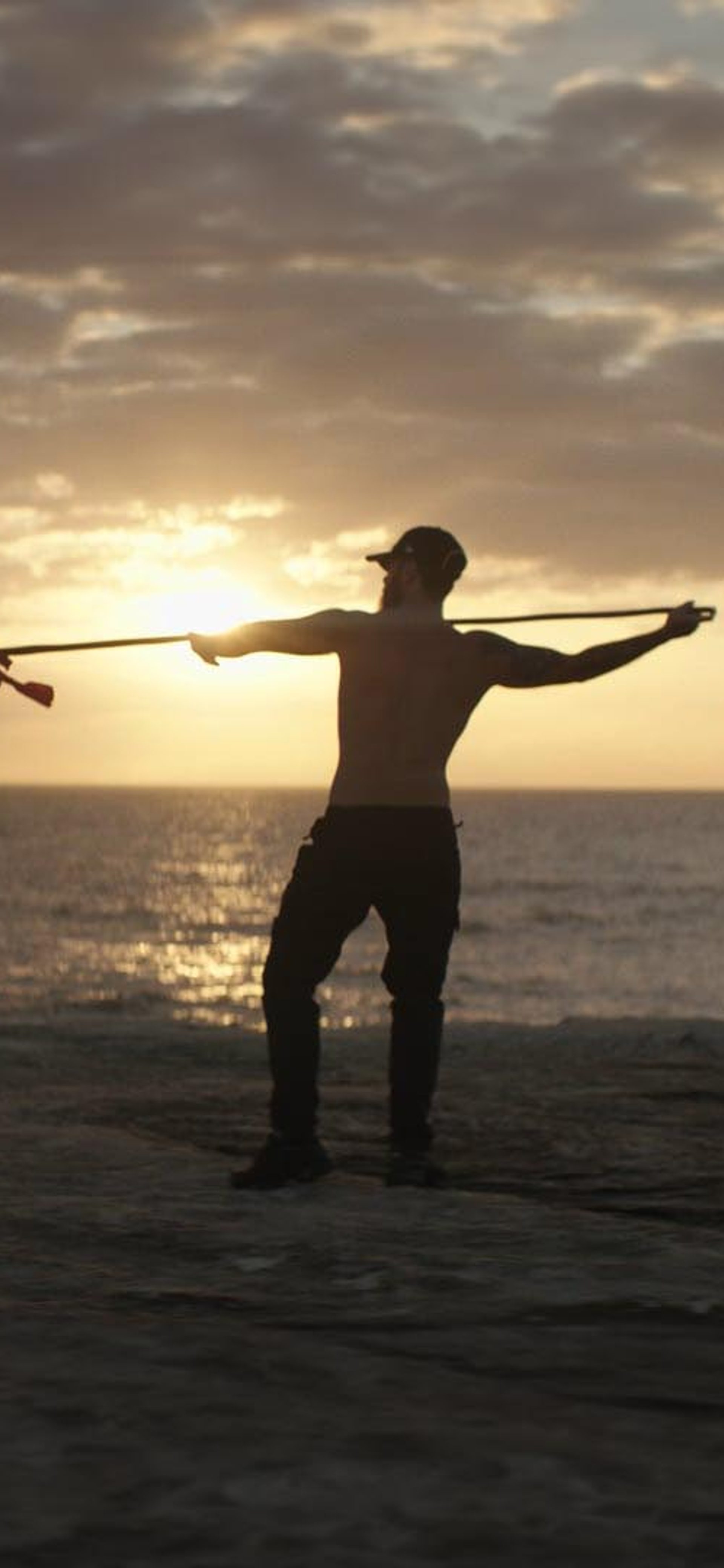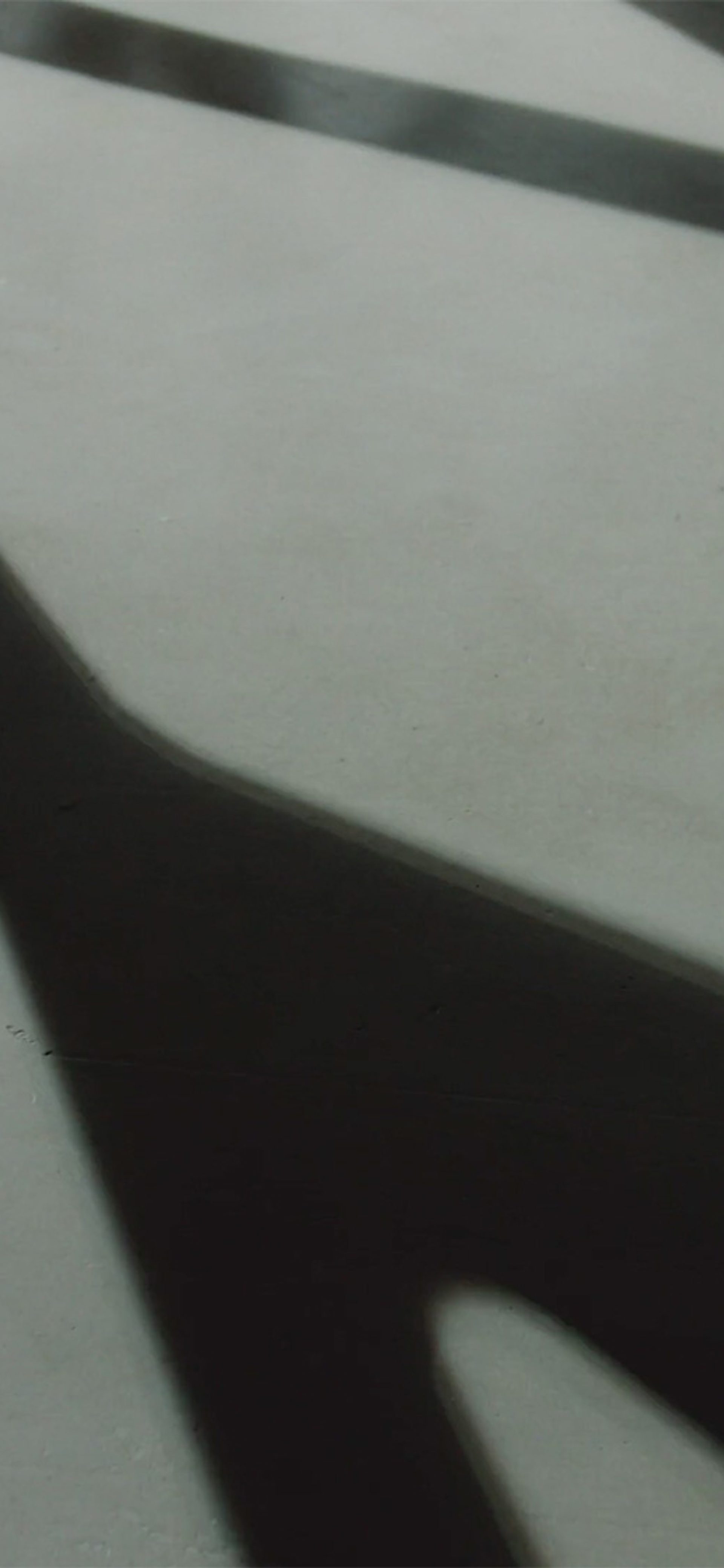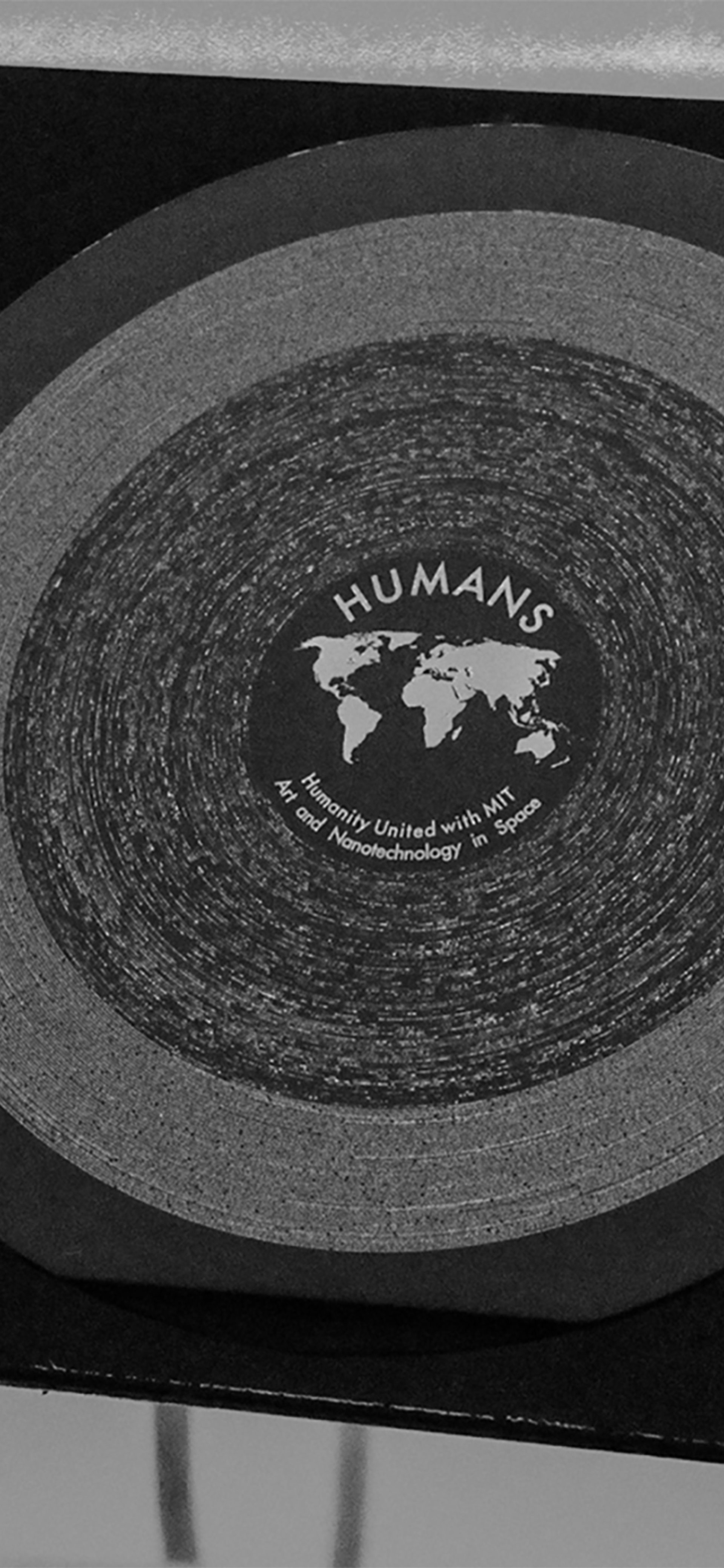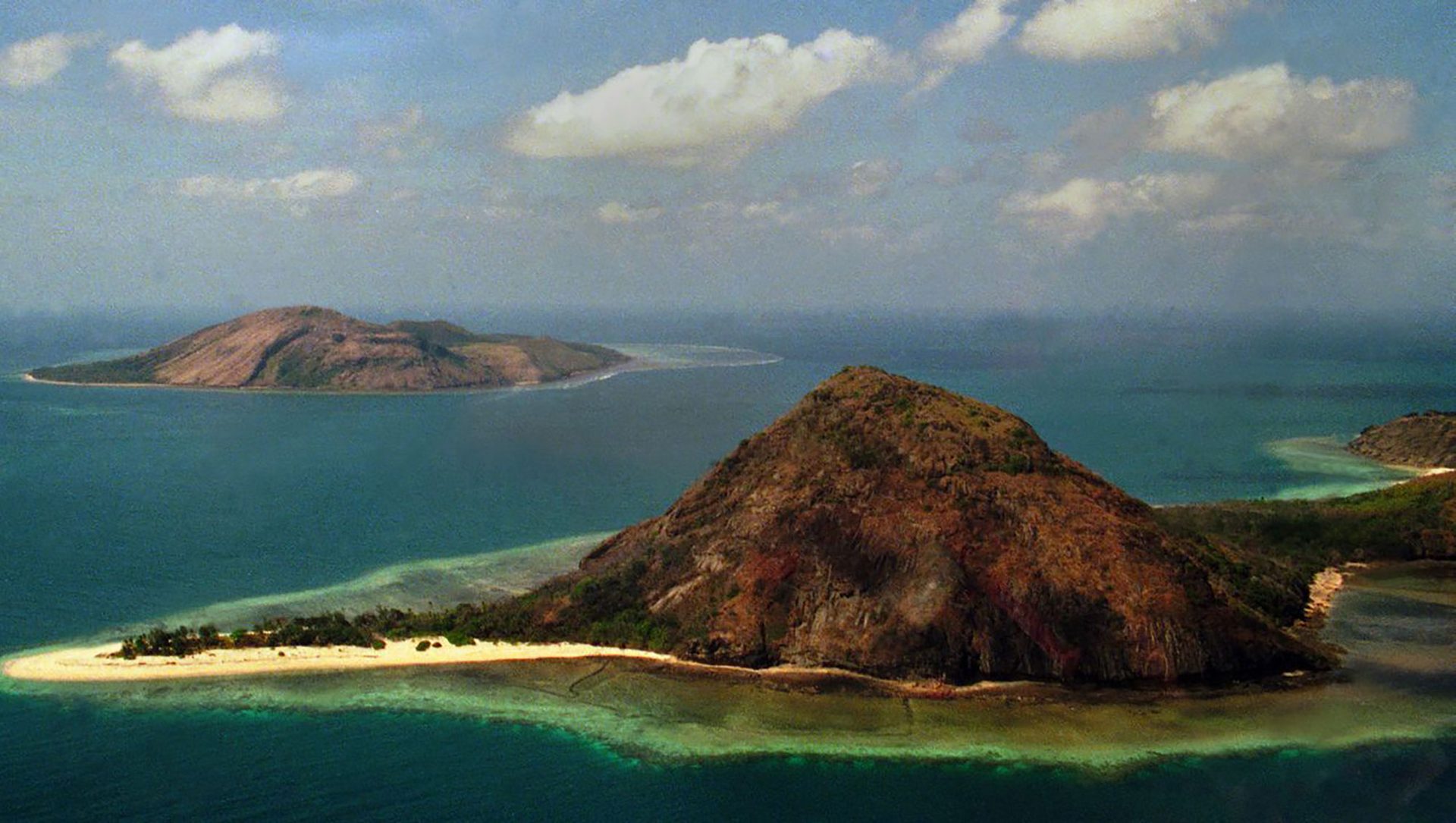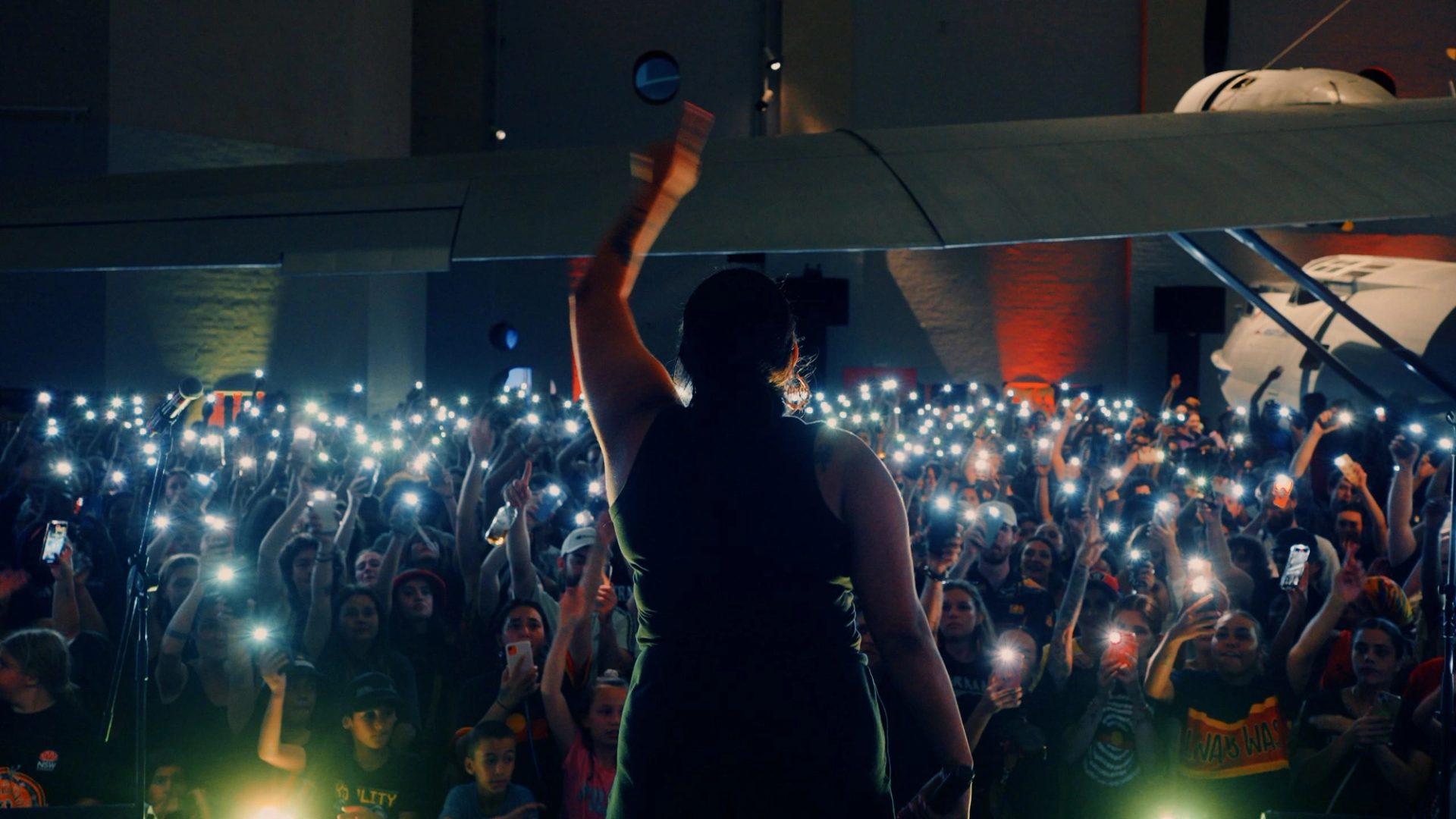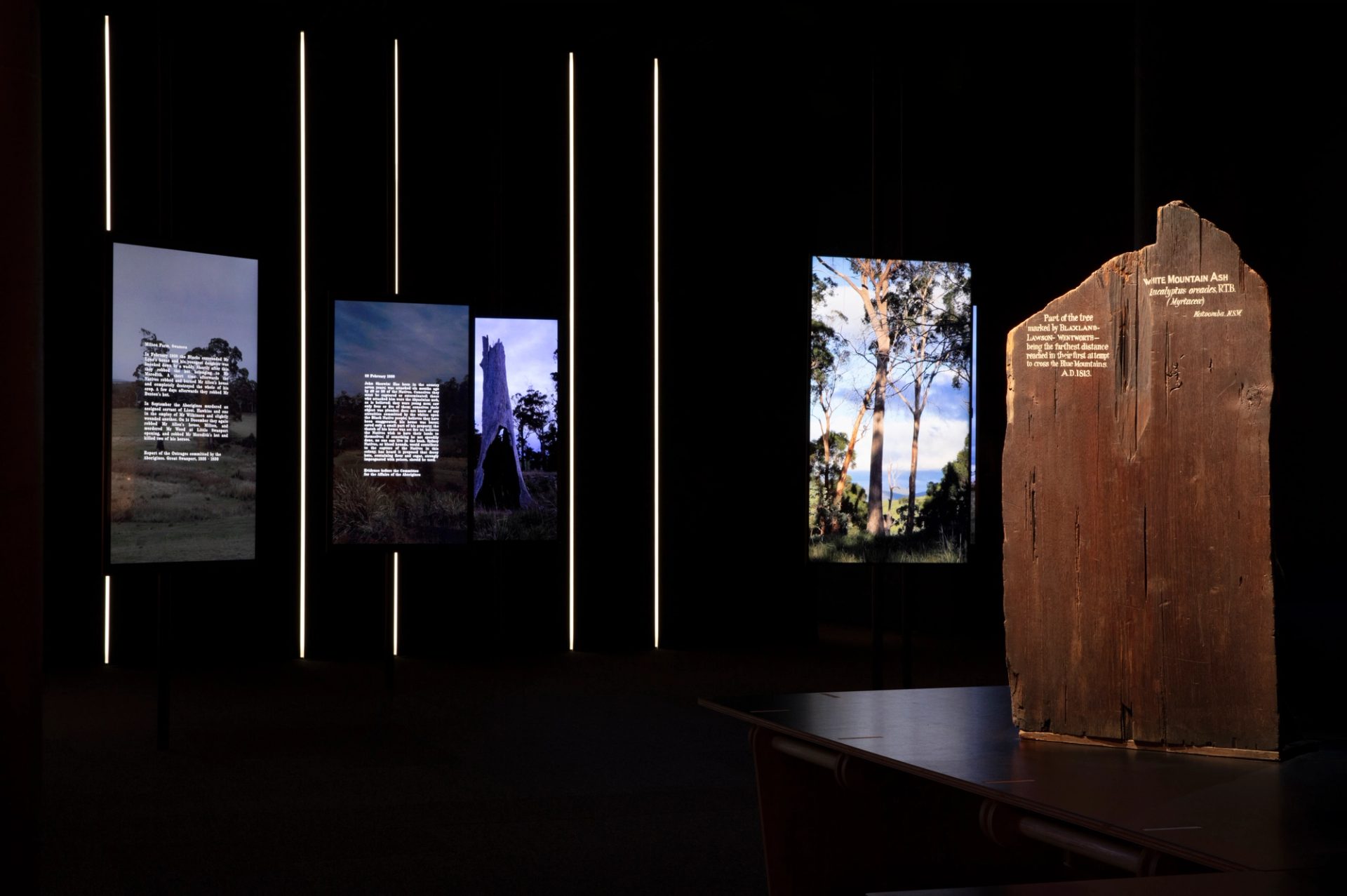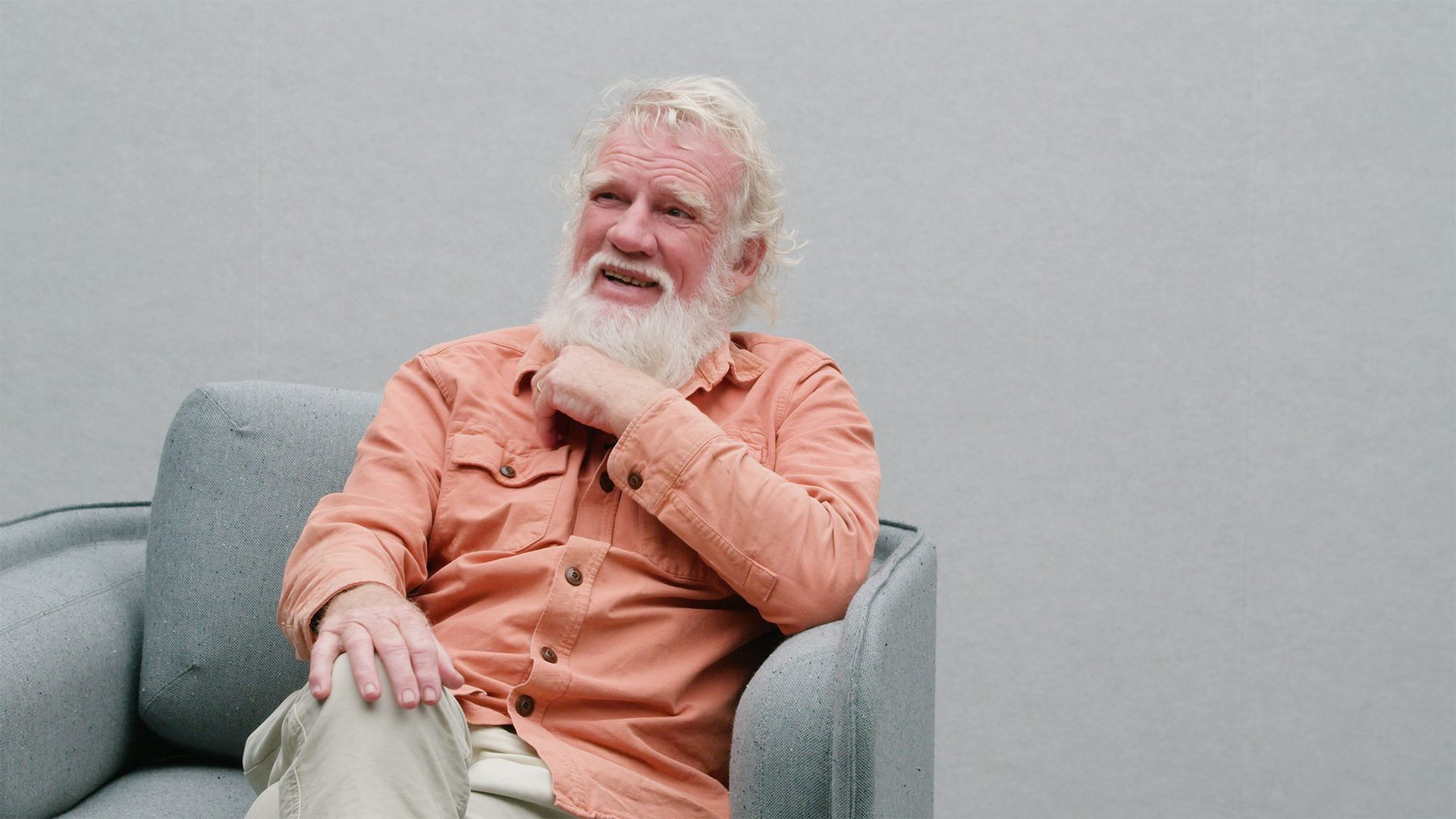Gail Mabo

First Nations communities are respectfully advised this story contains images and names of deceased persons.
Coinciding with the 30th anniversary of Mabo Day, the First Nations Directorate at Powerhouse was honoured to have worked with Gail Mabo to accept the care of two iconic shirts belonging to her father, the late Eddie Koiki Mabo.
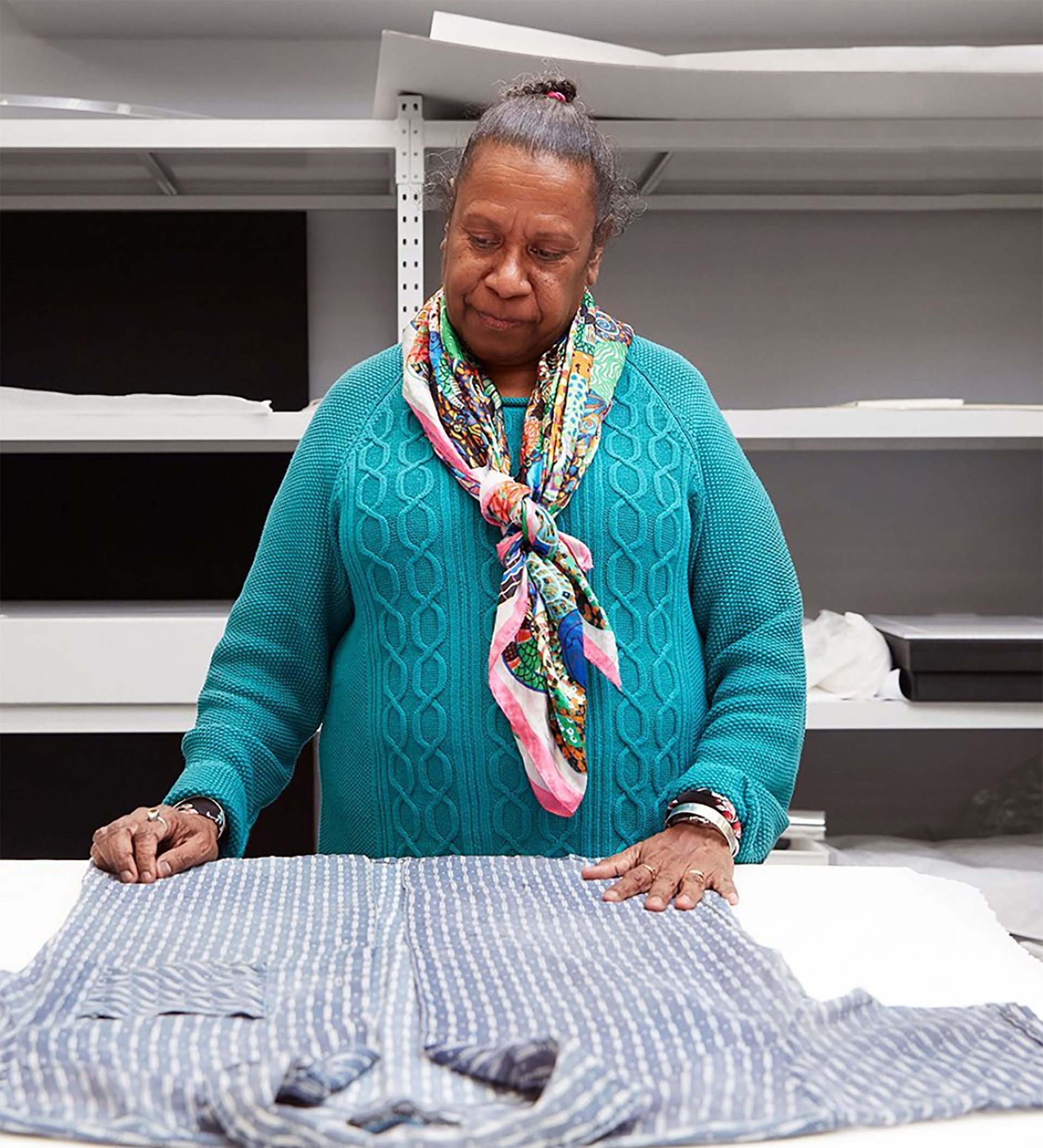
This shirt was worn by Eddie during the 1980s. He was frequently photographed wearing it when the High Court of Australia was sitting on Mer (Murray Island) to consider the land rights claim by the Meriam people.
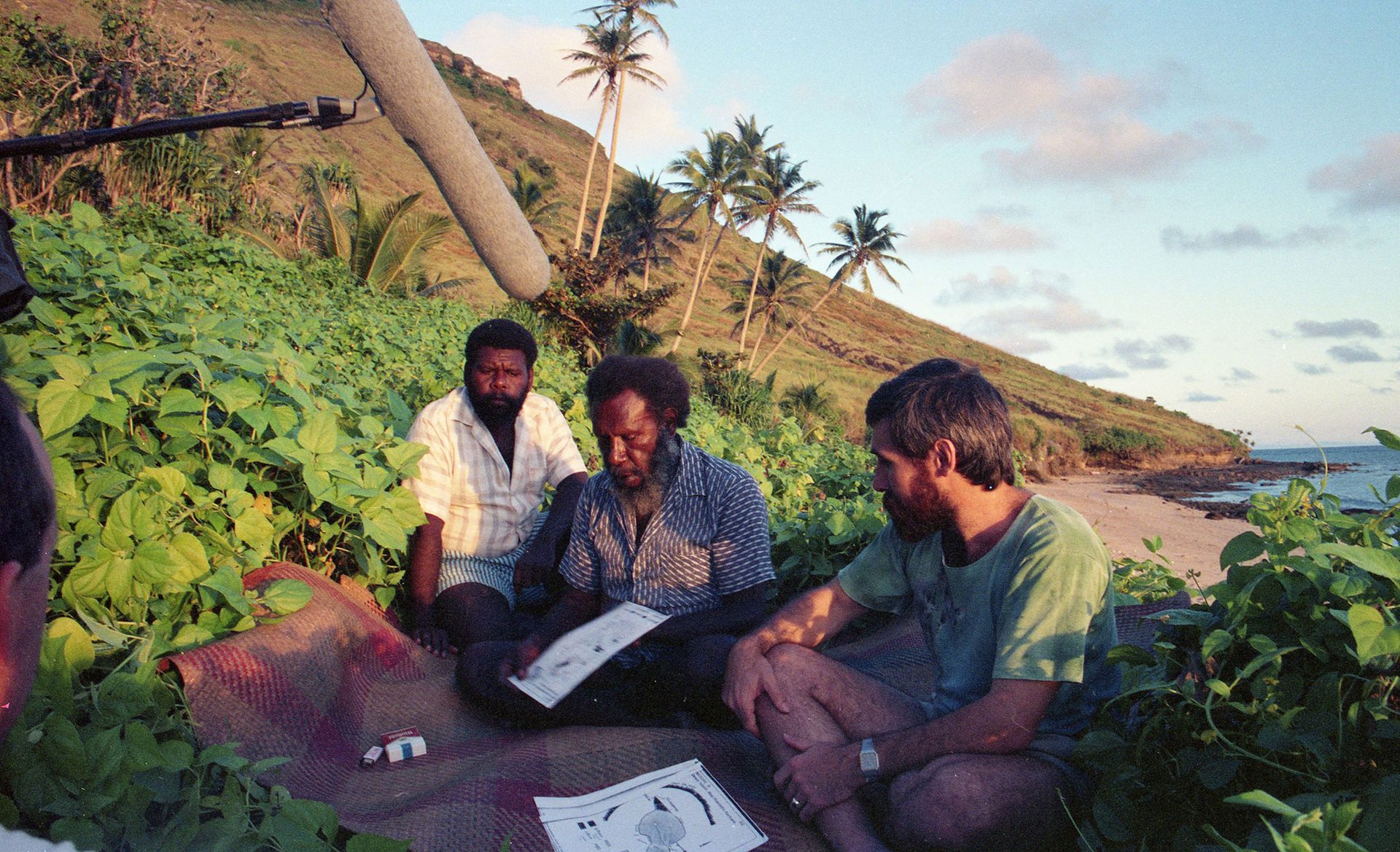
During the 1970s Eddie Koiki Mabo, a Torres Strait man from the island of Mer (Murray Island), was working as a gardener at James Cook University in Townsville, Queensland. He became friends with historians Henry Reynolds and Noel Loos, and in conversation with them discovered the land he thought he’d owned on Mer belonged to the Crown. Britain had claimed sovereignty of the continent under terra nullius, a doctrine mandating that unoccupied land belonged to no one and could be acquired through occupation, which the British had done since their arrival in 1770.
On 20 May 1982, Eddie and his fellow Meriam (Murray Islanders) brought their case claiming legal ownership of their traditional lands to the High Court of Australia. Eddie drew maps indicating how the land on Mer was distributed among the local families under a system of law-based traditional ownership, which predated the arrival of Captain Cook. When the High Court went to Mer, he showed them the boundary markers of his land.
Ten years later, on 3 June 1992, the High Court ruled in favour of the Meriam, officially recognising them as the legal owners of their traditional homelands. Sadly, Eddie had passed away only months before. It was with the help of his hand-drawn map demonstrating native possession of Mer that Eddie challenged the concept of terra nullius. The Mabo Case, as it came to be known, paved the way for land rights legislation for Indigenous Australians.
